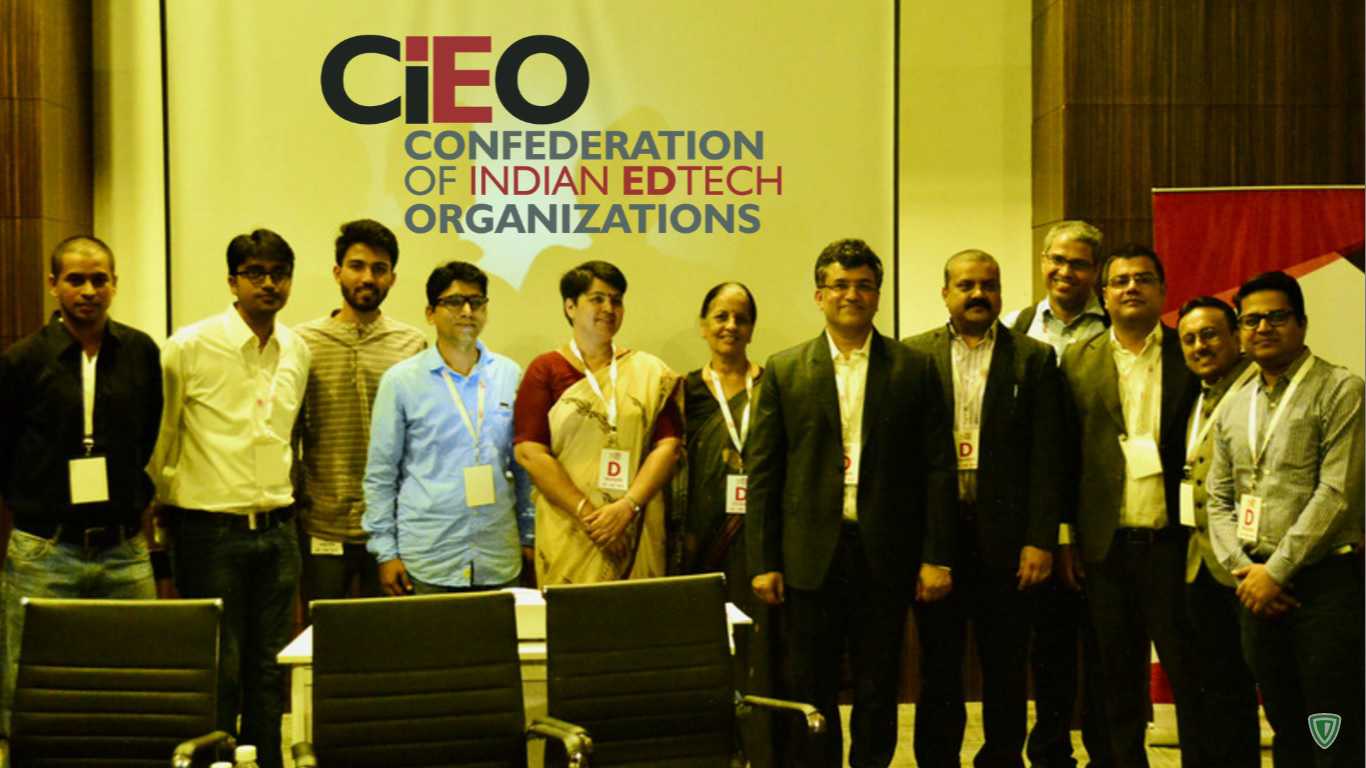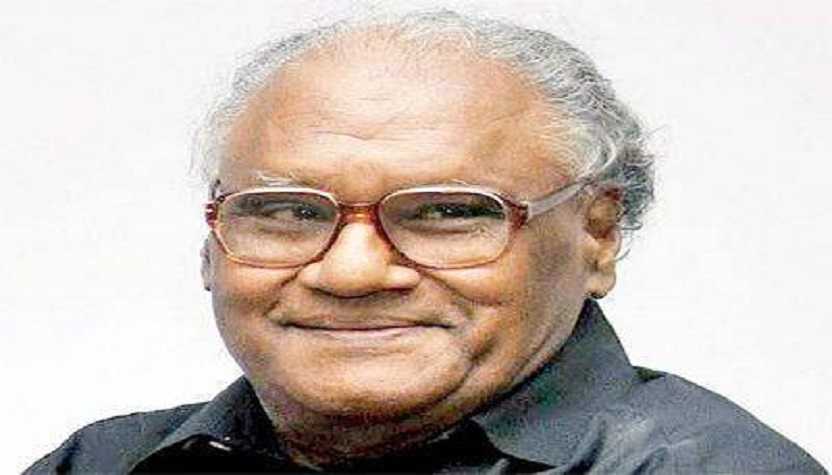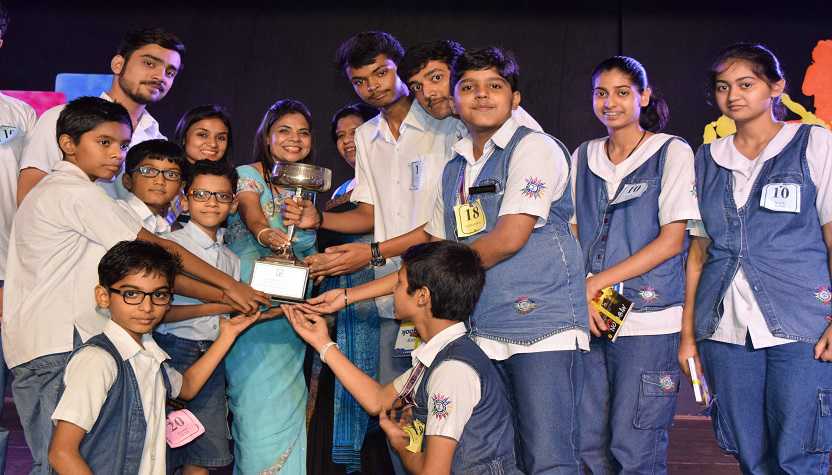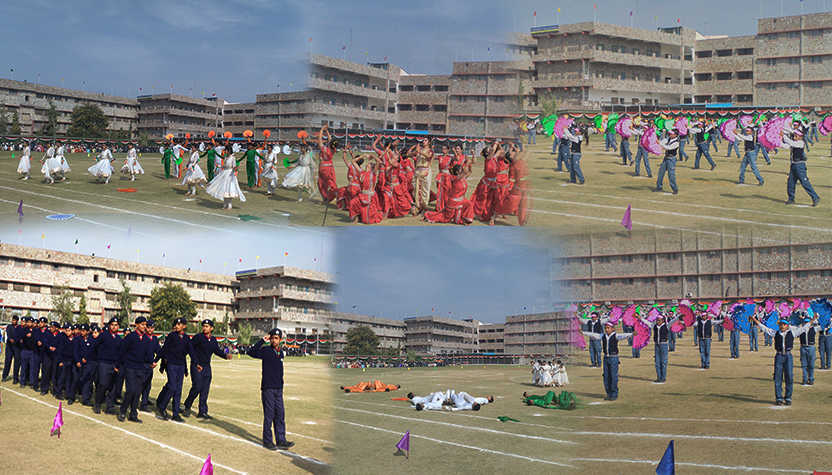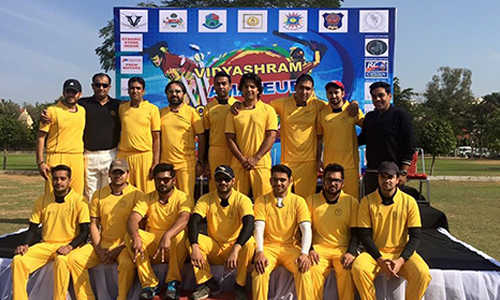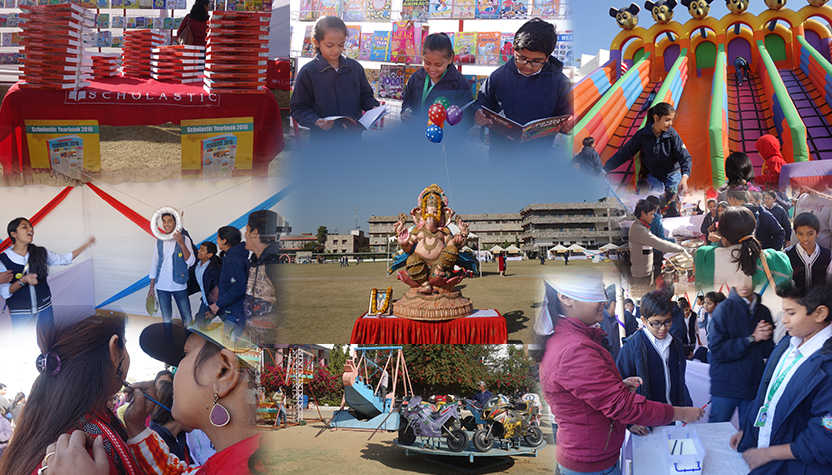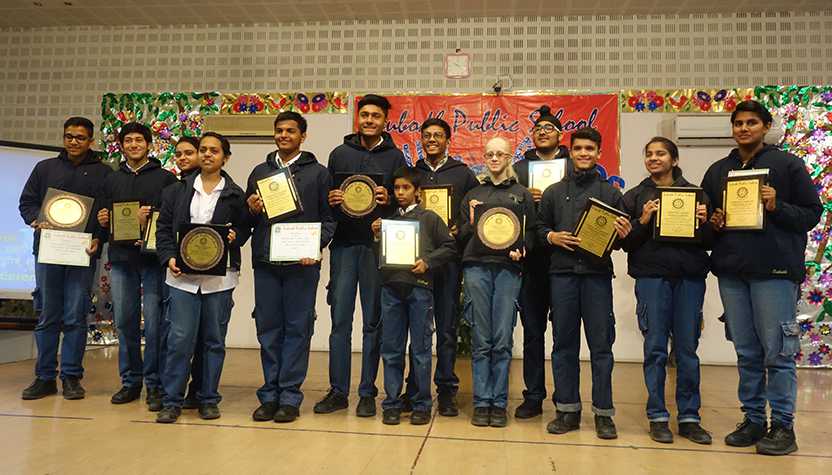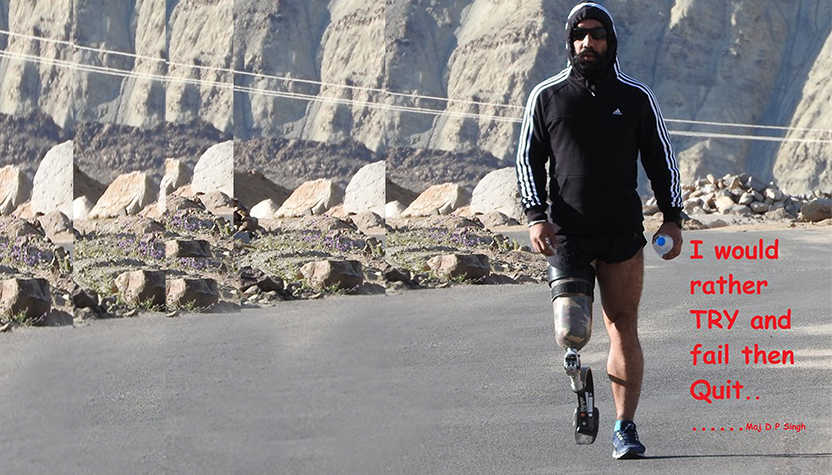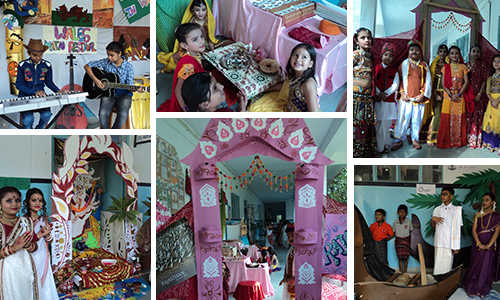News
A.P.J Abdul Kalam Ignites Little Minds at Subodh Public School, Airport, Jaipur
The best brains of the nation may be found on the last benches of the classroom – A.P.J Abdul Kalam
A.P.J Abdul Kalam left an impact on children. The former president of India clearly stands out as THE INSPIRATION to the future generation
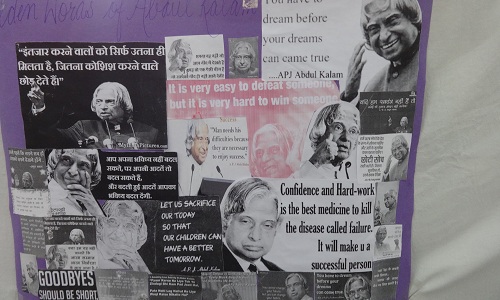
Education
No More Backbenchers: How a Simple Seating Shift Is Reimagining Learning
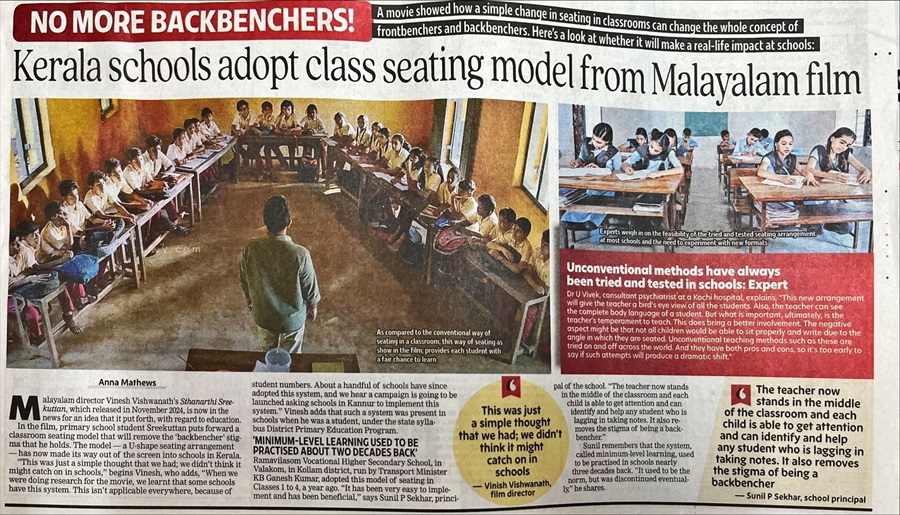
Education
NEP 2020’s Panch Sankalpa to Guide Central Universities: Dharmendra Pradhan
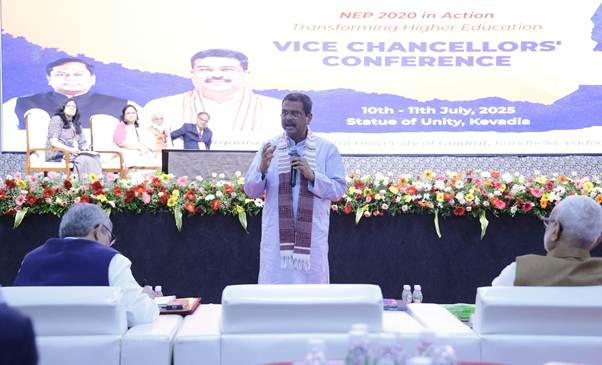
Education
Less Than Half of Indian Schools Offer Skill-Based Courses for Senior Students: NCERT Survey
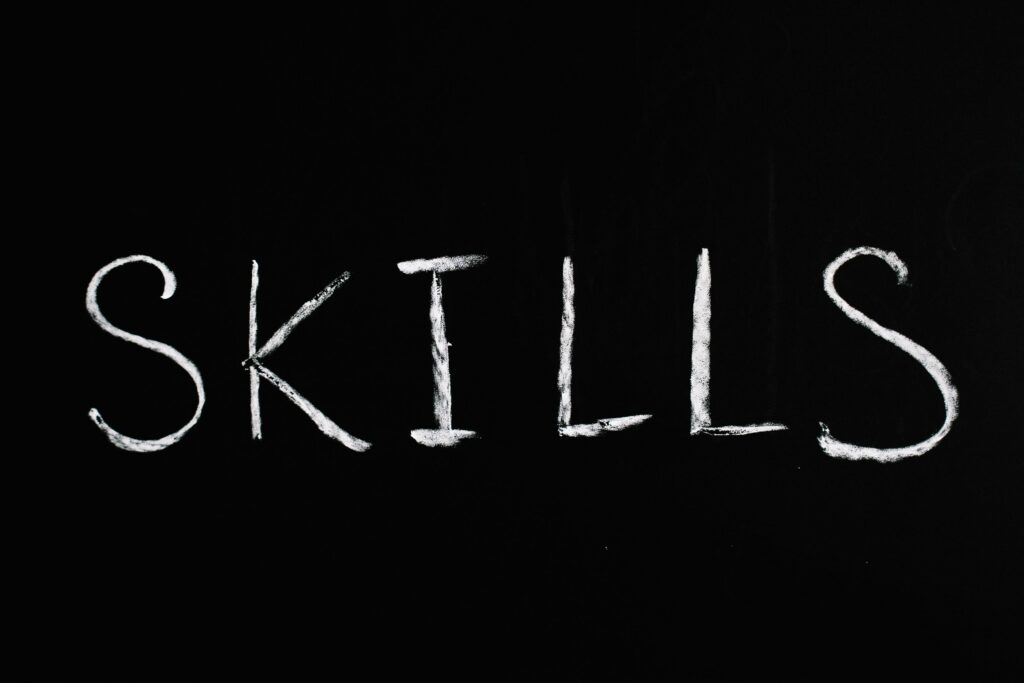
Education
UP Govt Launches Astro Labs in Government Schools to Boost Scientific Learning
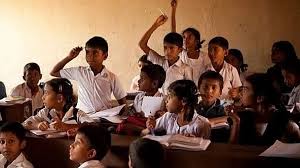
Education
Class 3 Learning Levels Show Gains Since Pandemic, But Still Below 2017: PARAKH Survey
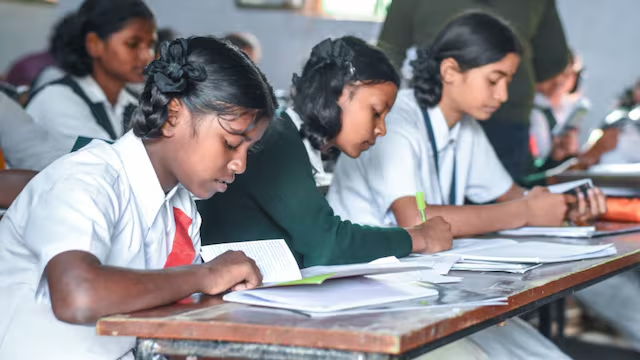
Education
Punjab to Introduce Business, Marketing Education in Govt Schools for High Schoolers
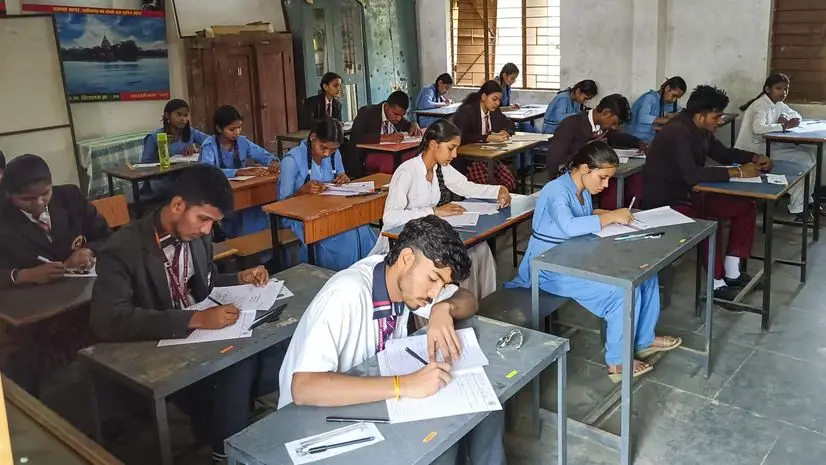
Education
Manipur Rallies Call for Disruption-Free Education Amid Ongoing Unrest
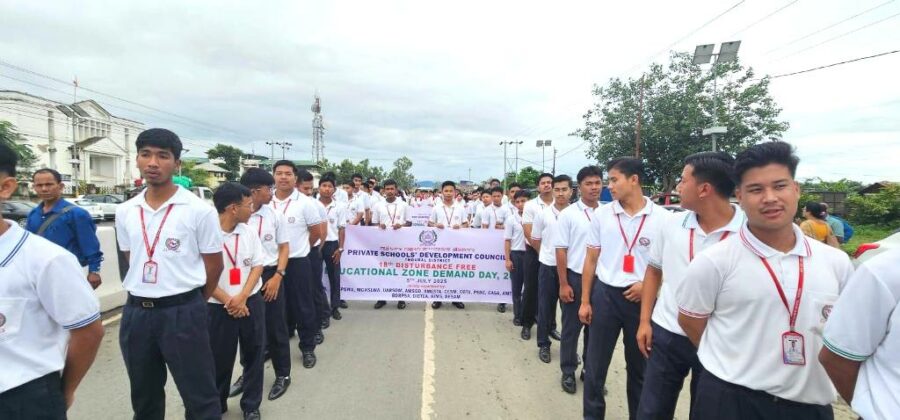
Education
Tripura CM Launches School Framework, Stresses Social Work in Education
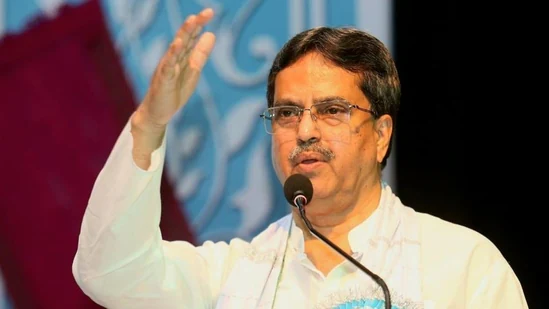
Education
“We Sleep on Walls Here”: Shubhanshu Shukla Talks to Indian Students from Space

Education
A Structural Proposal to Transform School Education in Bihar
-

 Education2 months ago
Education2 months agoCBSE’s ‘Sugar Boards’ Initiative: Tackling the Sweet Crisis in Indian Schools
-
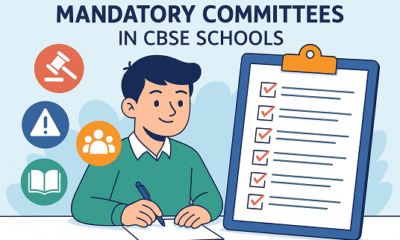
 Education3 months ago
Education3 months agoIs Your School Following These Mandatory CBSE Committees?
-
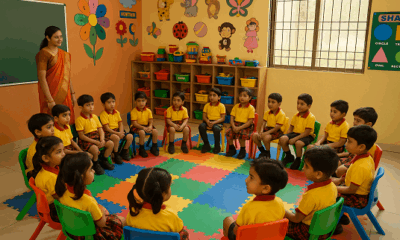
 Education3 months ago
Education3 months agoMaharashtra to Regulate Pre-Primary Education with New Law Aligned to NEP 2020
-
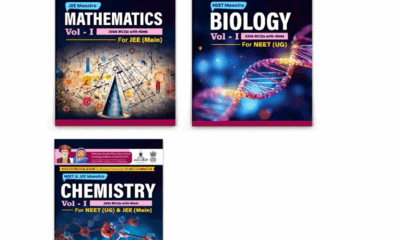
 Education3 months ago
Education3 months agoMAHAJYOTI’s Book Distribution Scheme to Empower 7,000 OBC Students Preparing for JEE/NEET & MHT-CET
-
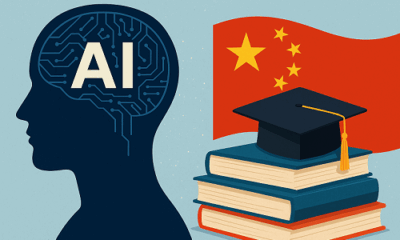
 Education3 months ago
Education3 months agoChina Embarks on Ambitious AI-Driven Education Reform to Build a ‘Strong Education Nation’ by 2035
-
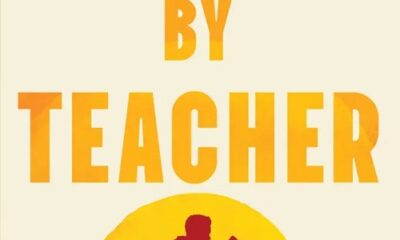
 Education2 months ago
Education2 months agoJohn King’s Book ‘Teacher By Teacher’: A Global Tribute to the Transformative Power of Education
-
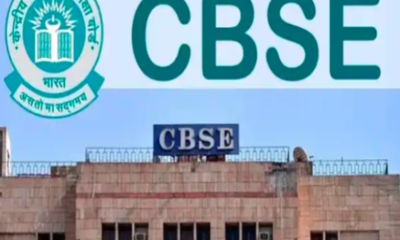
 Education3 months ago
Education3 months agoCBSE Introduces Mandatory Bridge Course for Classes 6 to 12 in Chhattisgarh Under NEP 2020
-
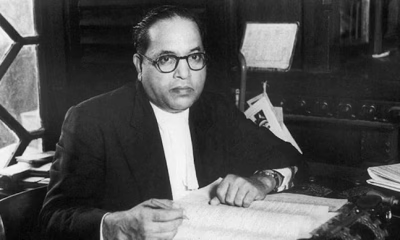
 Education3 months ago
Education3 months agoRewriting Ambedkar: Why Students Must Know the Man Beyond the Constitution
-
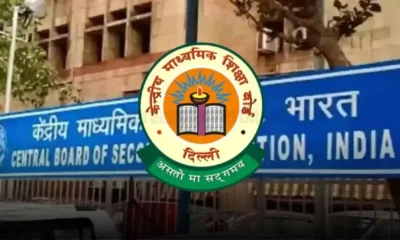
 Education3 months ago
Education3 months agoCBSE Mandates 50-Hour Annual Training for Teachers, Declares STEM as 2025 Theme
-
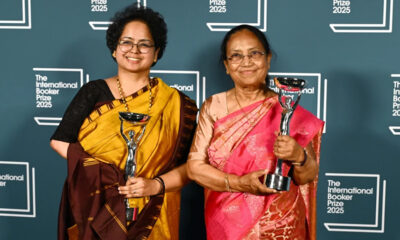
 Education2 months ago
Education2 months agoBanu Mushtaq’s International Booker Win Is a Wake-Up Call for Indian Schools to Reclaim Literature











